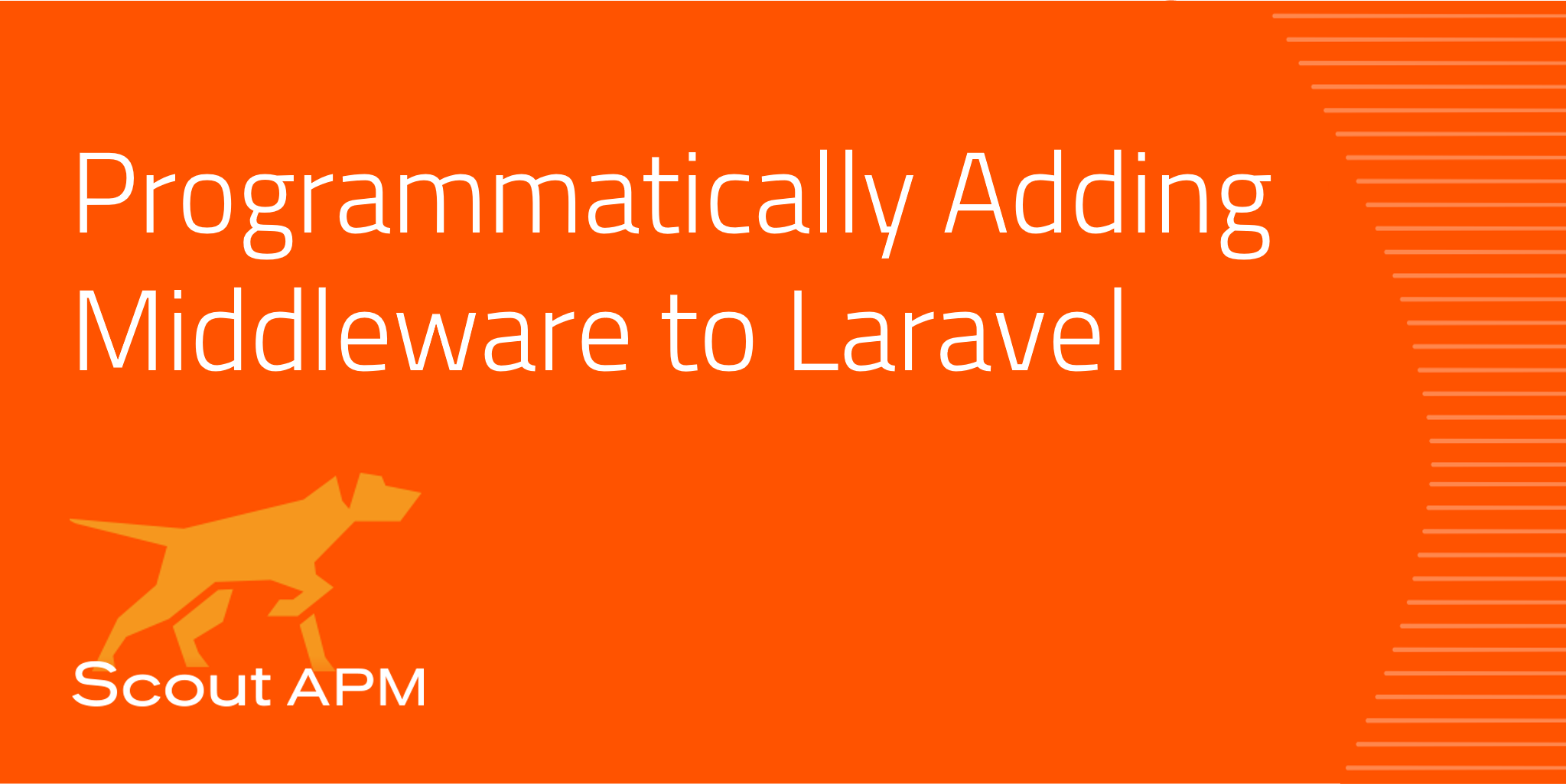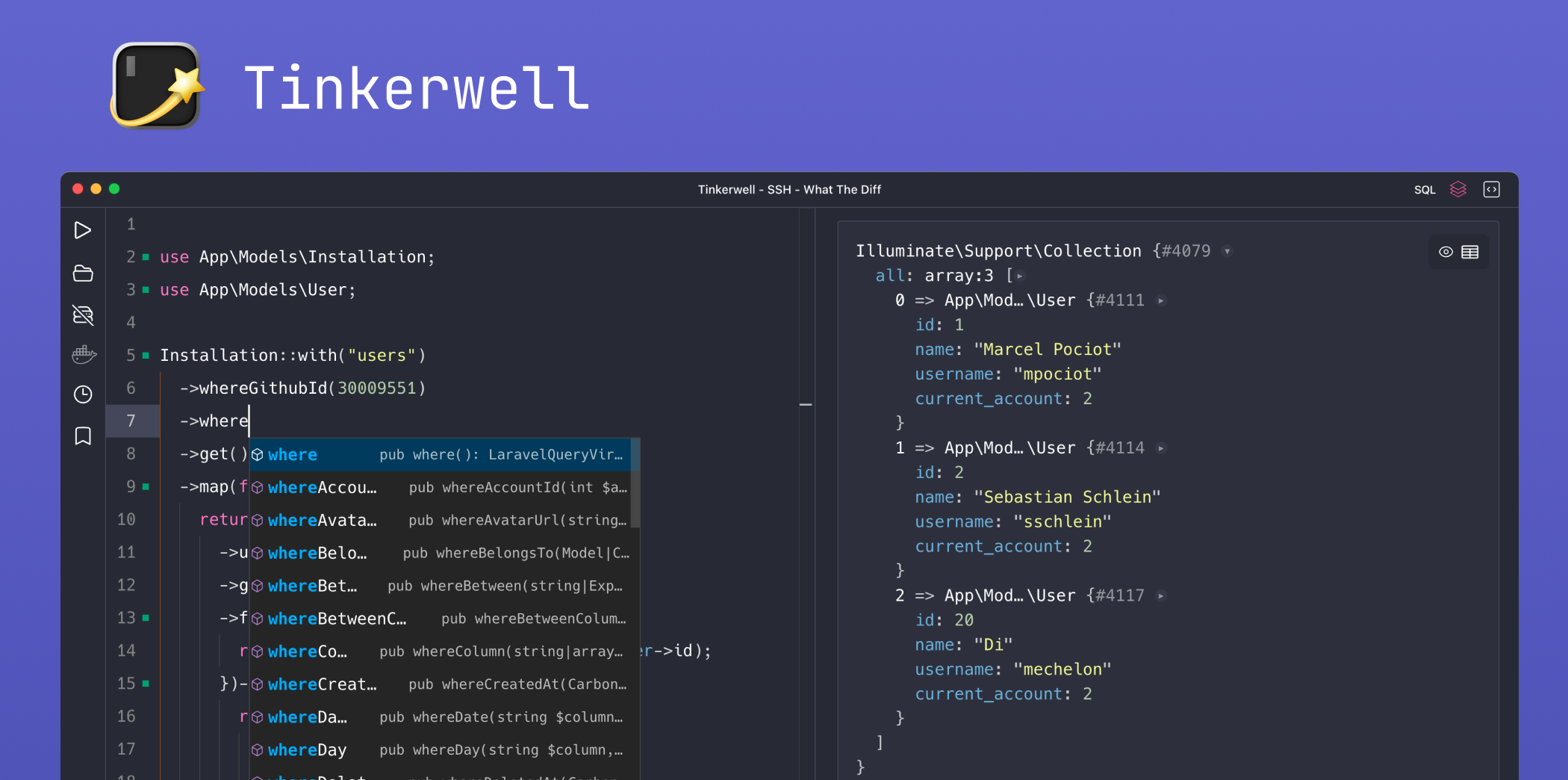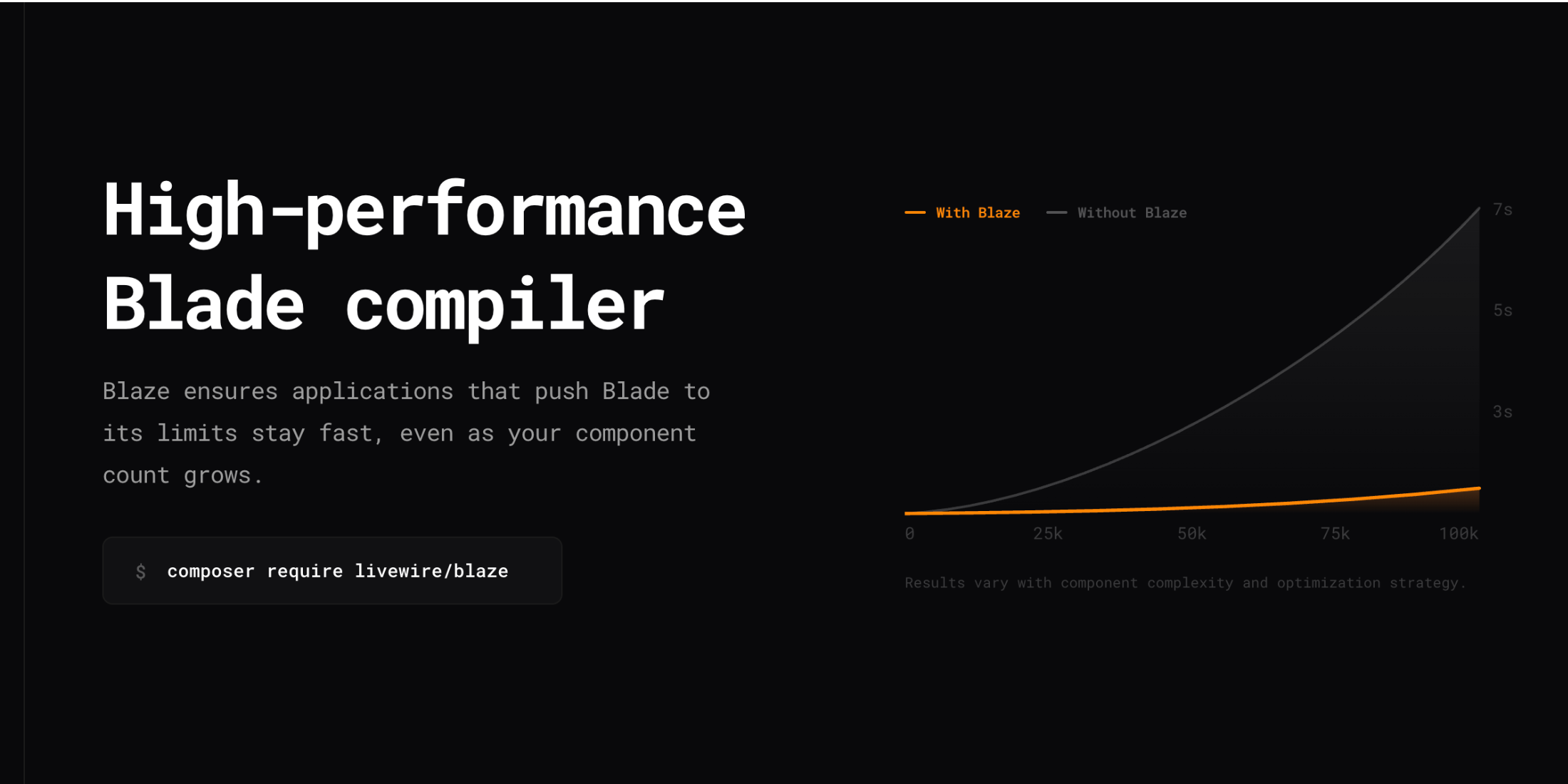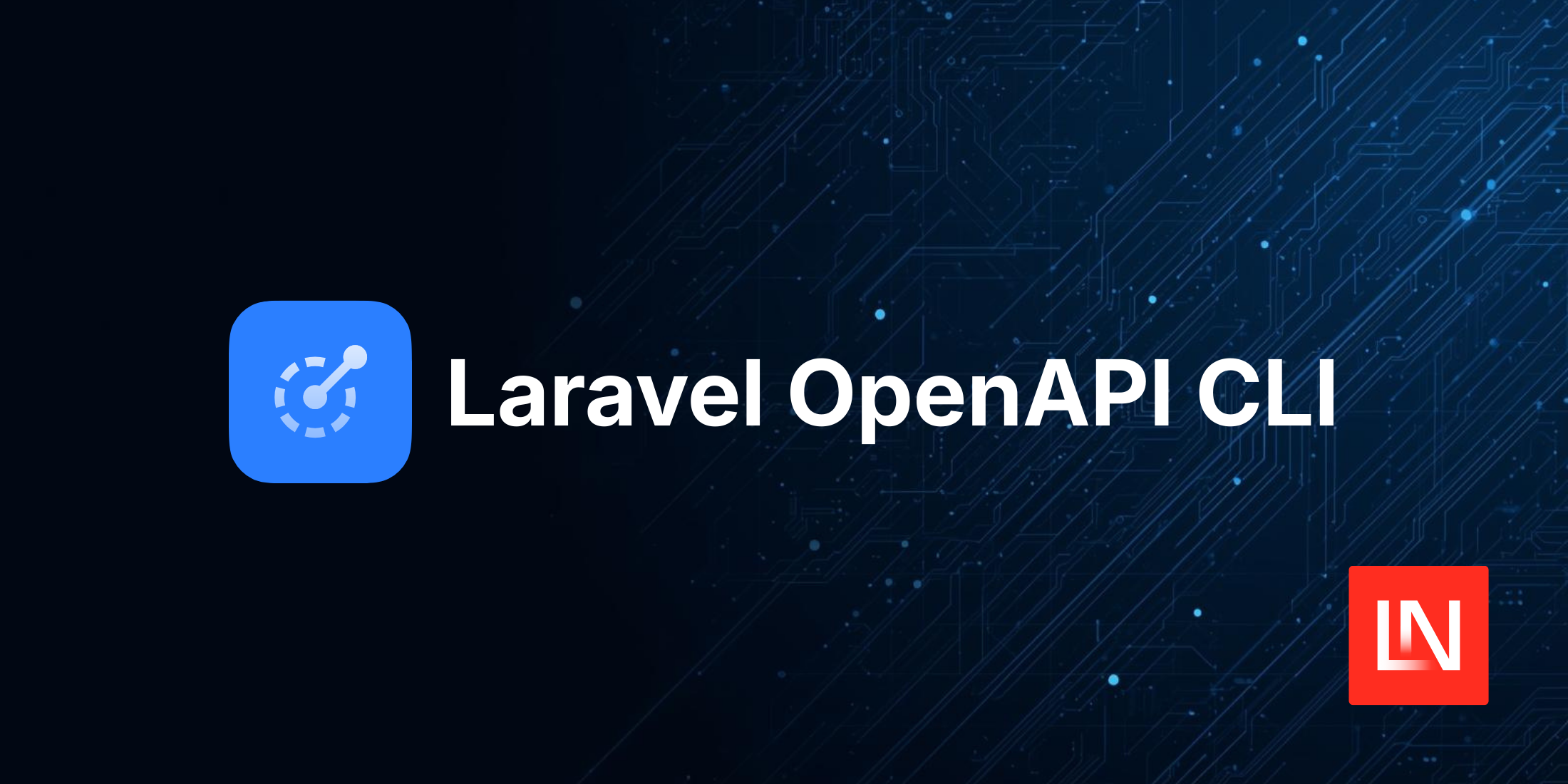Here at Scout APM we understand that, when it comes to web development, middleware is often the key to ensuring everything connects up – even if some of the pieces don’t always match up. HTTP Middleware is a mechanism used to conveniently filter HTTP requests coming into your web application. Adding middleware is only half of the story, and ensuring it continues to perform is the other half.
When it comes to PHP, frameworks often help us get our applications to handle workloads vanilla PHP might have a harder time managing. Frameworks help to manage the underlying structure of an application while supporting existing PHP standards.
Of those frameworks, Laravel is a standout. Laravel is a RESTful PHP framework with a huge community using the classic MVC (Model-View-Controller) concept popular in other web frameworks.
Combine the power of PHP, Laravel, and some great middleware and you are likely to gain performance and response from even the most legacy web application.
The main use case for adding middleware to your Laravel setup is to handle tasks the main framework doesn’t need to focus on, isn’t capable of handling, or isn’t the best at handling. Some examples of this might include authentication (a middleware layer to do so is built into Laravel), API requests, locale services, and other non-essential jobs.
To build middleware to a Laravel environment is fairly straightforward. Using the artisan CLI tools built into Laravel, we can run the following commands:
$ php artisan make:middleware FormalTimeoutThis will create a class in the app/Http/Middleware folder. Once we have that, we can begin editing the file.
public function handle($request, Closure $next){ throw new HttpException(504)}With this setup, we can inform people as necessary when they hit a 504 code (a Gateway Timeout) and choose to render a more pleasant message than a blank browser. This may not be the most intense use of middleware, but it gives you the idea of how easy it can be to create.
Once created, we need to register the middleware so it will be recognized by our application. To do this, we add the middleware to Kernel in the class variable $middleware as follows:
protected $middleware = [ … AppHttpMiddlewareFormalTimeout::class];The equivalent programmatic approach to adding middleware to the HTTP kernel’s pipeline would be to use the prependMiddleware or pushMiddleware methods:
$httpKernel->pushMiddleware(AppHttpMiddlewareFormalTimeout::class);Remember to assert the Kernel instance you have is an instance of IlluminateFoundationHttpKernel and not the console equivalent kernel since these methods do not exist on the console implementation, but also are not defined in the HTTP Kernel interface, IlluminateContractsHttpKernel. It’s worth adding that this is the mechanism by which the ScoutAPM Laravel plugin injects its own middleware into the pipeline.
This includes it as part of the application, though we want it to be limited to when we actually need it for our specific routes. To name the middleware we’ll need to add the key property to the $routeMiddleware array.
protected $routeMiddleware = [ … 'formal.timeout' => AppHttpMiddlewareFormalTimeout::class …];Finally, for the most basic use case, we need to point out which route the middleware we’ve created works with. We’ll need to add the Route::get parameter to the array containing the properties and closures processing the particular route
Route::get(‘posts/{thething}’, ['middleware' => 'formal.timeout', function() { return "You have hereby formally timed out.";}]);This ensures people will only see our formal response for timed out requests when they are hitting the ‘thething’ functionality.
There are many ways to take advantage of middleware, due to how easy it is to add to your Laravel environment. Once you’ve settled on techniques to improve the performance of your application, you can use Scout APM to monitor Middleware performance – leveraging even more for the most performant PHP application possible!
Scout APM is PHP application monitoring software designed to streamline troubleshooting with tracing logic that ties bottlenecks directly to source code. Start your free 14-day trial today and Scout APM will donate $5 to the OSS of your choice when you deploy.















